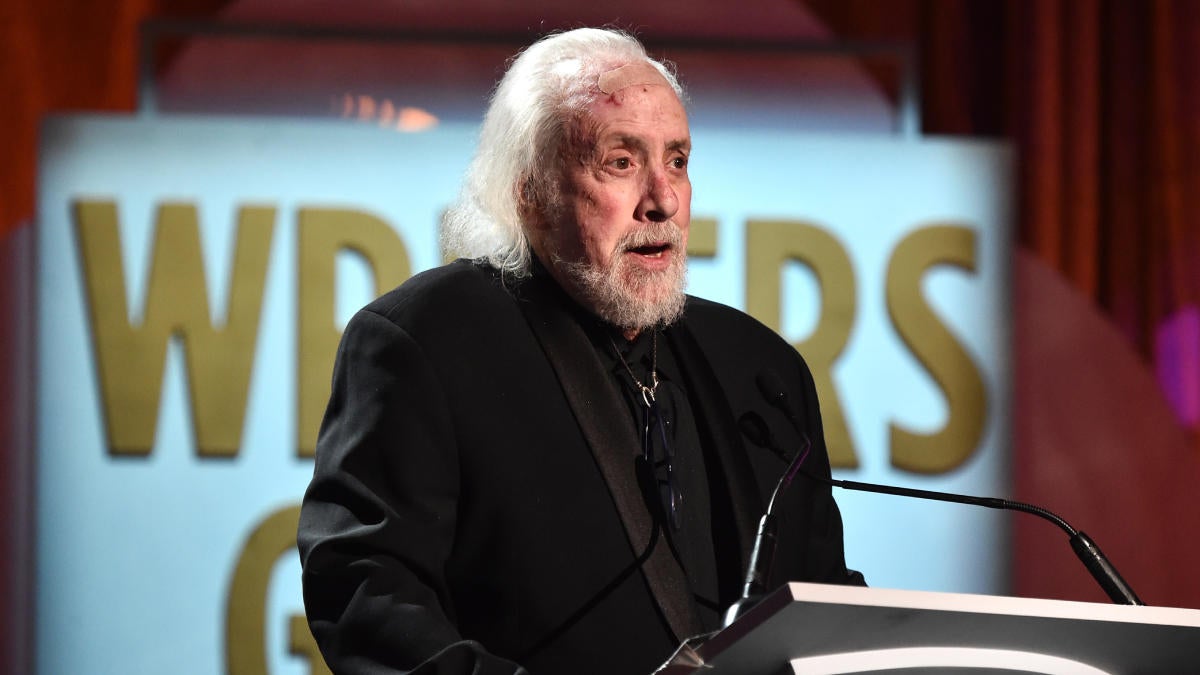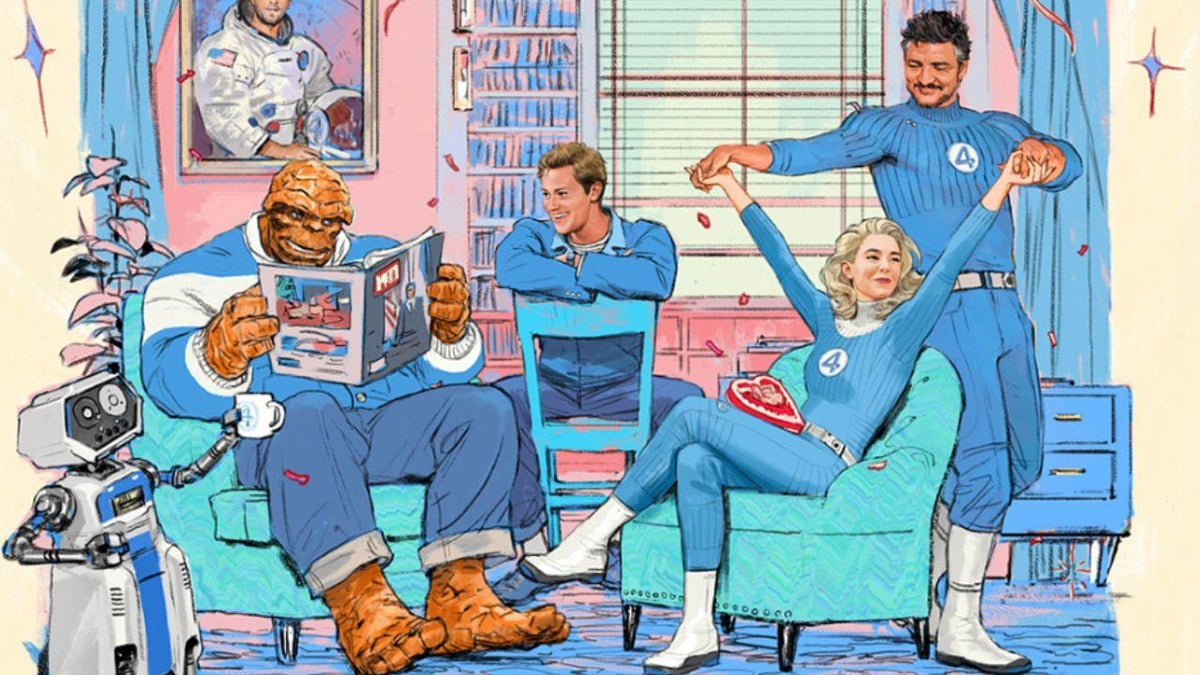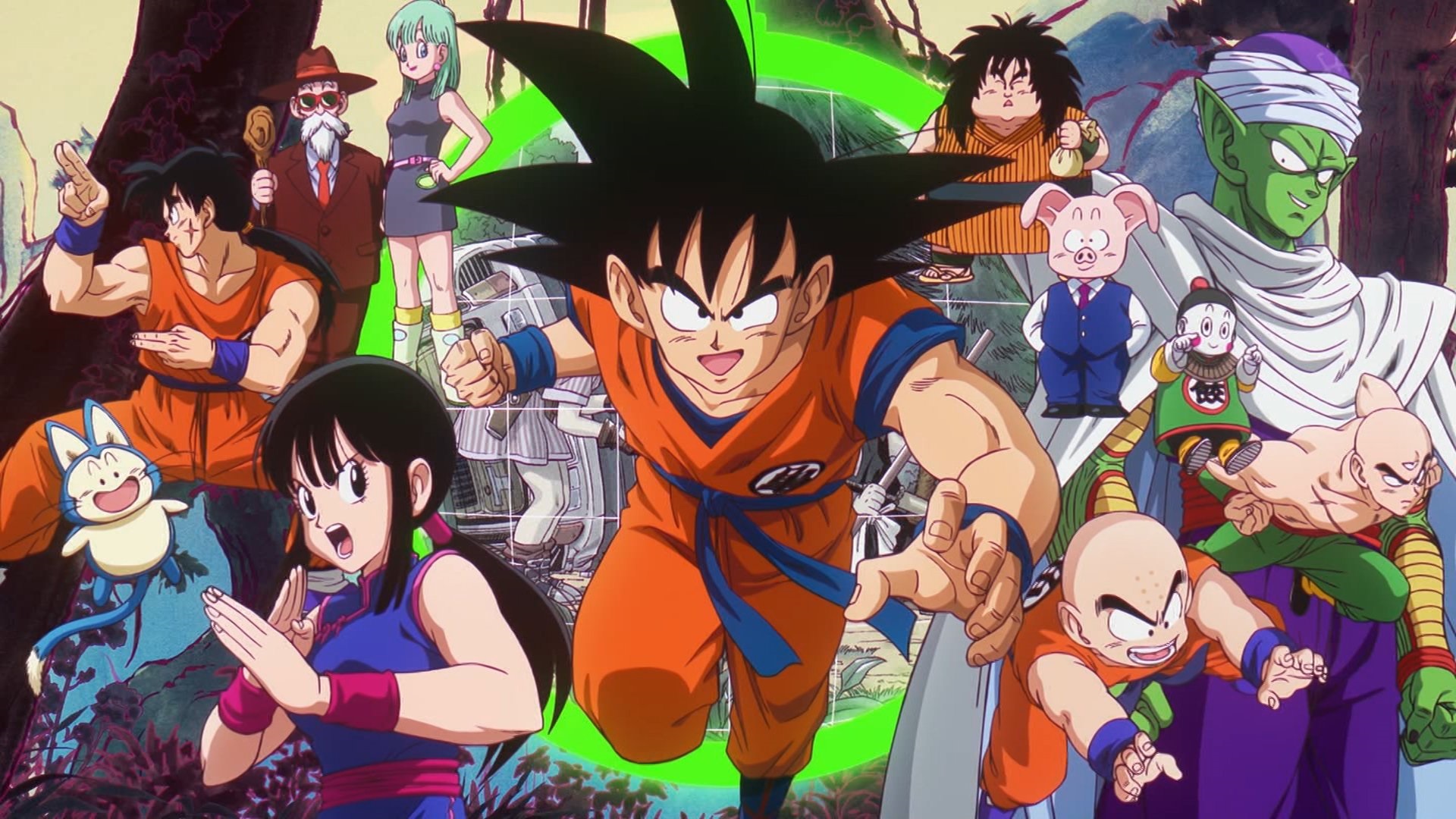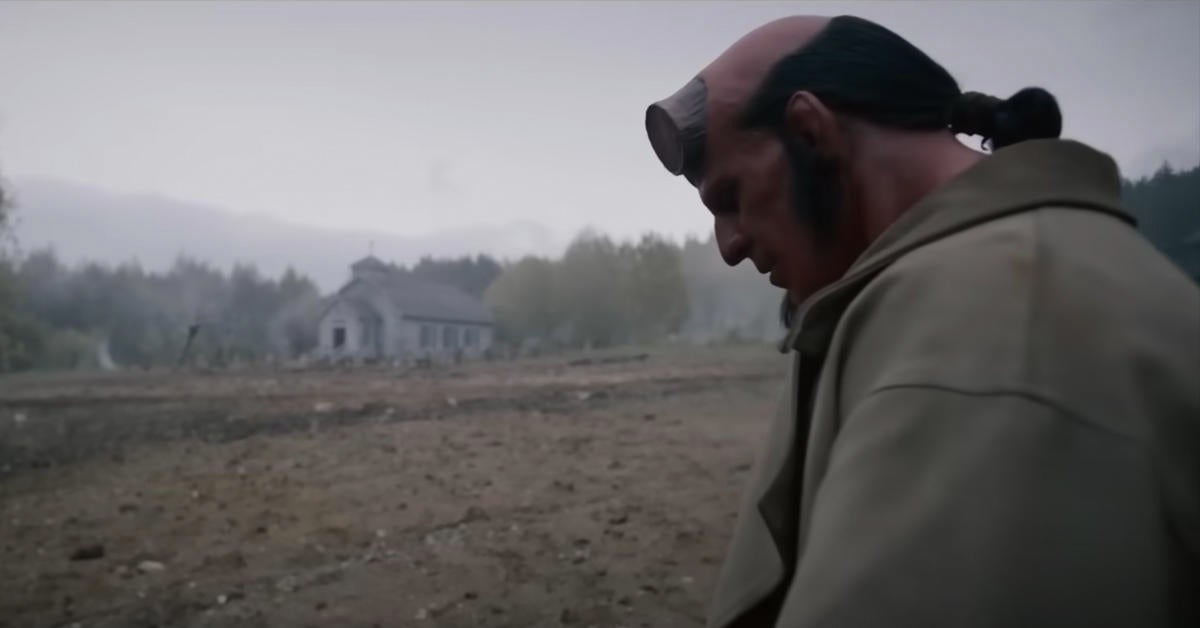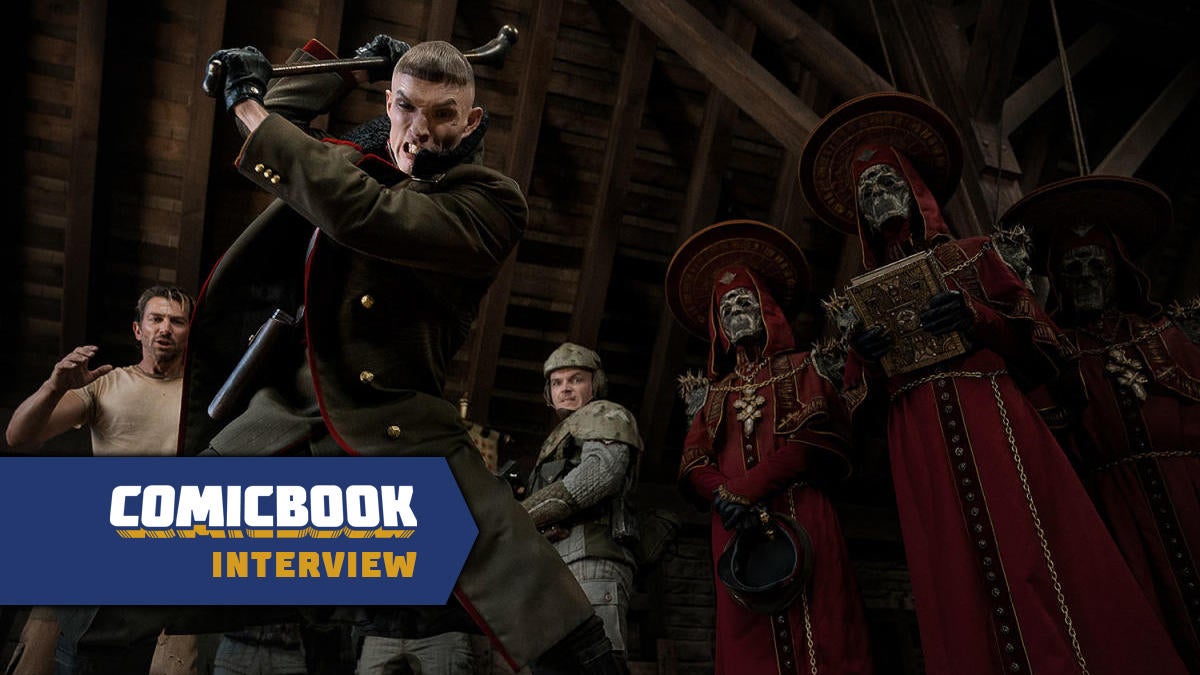
The Oscar-winning screenwriter passed away on Monday.
Robert Towne, a screenwriter and director known for his work on countless films such as Chinatown, Days of Thunder, Shampoo, and the first two Mission: Impossible films, has passed away at the age of 89. The news of Towne’s passing was confirmed by his publicist, Carri McClure, who revealed that he died on Monday, July 1st, at his Los Angeles home.
Towne was born Robert Bertram Schwartz on November 23, 1934 in Los Angeles, California. He initially pursued acting in the industry, enrolling in a class that ultimately included two of his future collaborators, Roger Corman and Jack Nicholson. He starred in Corman’s Creature of the Haunted Sea and Last Woman on Earth, writing the former film as well as The Tomb of Ligeia and A Time For Killing. That script caught the attention of Warren Beatty, which led to him working as a script doctor on Bonnie and Clyde. Following that film’s success, Towne became a script doctor on a number of projects, including Villa Rides, Drive, He Said, Cisco Pike, The New Centurions, The Godfather, The Missouri Breaks, Orca, and Heaven Can Wait.
Towne’s best-known projects arrived in the mid-1970s, including collaborations with Nicholson on both The Last Detail and Chinatown. He also penned the script to Hal Ashby’s Shampoo. All three of these films, as well as his script for 1984’s Greystoke: The Legend of Tarzan, earned him Academy Award nominations, with Chinatown earning him his first win in 1975. His directorial debut arrived with 1982’s Personal Best, which was critically successful but financially underperformed at the box office. Later in the decade, he directed his years-old script for Tequila Sunrise, which was released in 1988.
In the 1990s, Towne developed a friendship with Tom Cruise after writing Days of Thunder, ultimately penning The Firm, Mission: Impossible, and Mission Impossible II for the actor. His later work included writing and directing 2006’s Ask the Dust, as well as penning the still-in-development Chinatown prequel series for David Fincher and Netflix.
“You’ll never know, when you first sit down to write, if a screenplay will be good or mediocre, or if it’ll exist at all,” Towne told Collider in an interview earlier this year. “You can’t really set out to write a “good” screenplay. You muddle through. You tell the story to friends, you listen to see what form it takes, what they respond to, what they don’t. You take that form and turn it into an outline, which then turns into note cards as you write down the details of each scene — and if you can write a scene without saying a word, by all means, do that. Once that’s completed, you ignore those note cards and allow your characters to have free rein, to meander, to suggest, to demand, to destroy. The more formed they become, the more you’ll find your story changing substantially. Sometimes you lead and sometimes you follow. You work and think and rework and rethink, toss out and put back in, and over the months and quite possibly years, something will start to take shape that someone else, at some later juncture, may just call good.”
Our thoughts are with Towne’s family, friends, and fans at this time.
